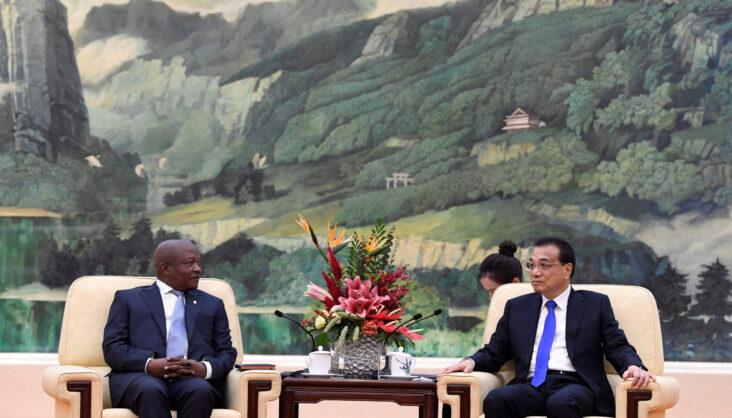Africa-Press – Mauritius. One of the original ‘China in Africa’ memes that still endures today among many people on the continent is that the “Chinese want to colonise Africa” and want to “invade” the continent using a mix of debt traps, trade dependency, and immigration.
I fully understand where that anxiety comes from given the continent’s violent, painful past dealings with foreign powers. After all, it wasn’t that long ago when actual colonialism was a reality, and then even after liberation, the great powers stuck around for decades to further pillage Africa’s resources.
So, yeah, those concerns are reasonable. They’re just not accurate. The biggest problem confronting Africa today vis-à-vis China isn’t that the Chinese are going to take over, because there’s really no evidence to suggest that’s actually happening.
No. Instead, people should be much more concerned that the Chinese might get bored, find the region too difficult to engage, and too costly to do business.
The danger is that they might decide that at the end of the day it’s just not worth it and pack up and leave. There are strong indicators suggesting that this process is already underway:
Loans: It’s been months, possibly even more than a year, since we’ve seen a single announcement by a Chinese policy bank about a new financing deal in Africa.
In fact, I can’t even remember the last time that I saw a deal that involved either the China Exim Bank or China Development Bank in Africa. It just doesn’t happen anymore.
Just this week alone, we got another indication that the well-documented pullback in Chinese development financing is hitting Africa hard when Nigeria’s Transportation Minister Rotimi Amaechi said he was giving up on Chinese creditors to finance a pair of railways.
The Chinese money spigot that poured billions into African infrastructure development has been turned off. Possibly for good. And African finance ministries have gotten the message. When they talk about debt financing today, they’re either going to the bond markets or the DFIs and don’t even mention China.
Trade: The painful reality is that China no longer really needs what Africa has to sell, at least nowhere near as much as it did 10-15 years ago when they first started to engage the continent. 70% of what China buys from Africa is a mix of oil, minerals, and timber – commodities that it can now source among dozens, even hundreds of countries along its vast Belt and Road network.
Sure, there are a few strategic resources, namely iron ore, coltan, and cobalt, that China still needs, but that’s pretty insignificant in the larger scheme of things. The fact is that two-way trade volumes may never again surpass the $200bn level as they did in 2015.
China just has too many choices today on where it can source the same commodities that it buys from Africa, often at a lower cost, given the continent’s inefficient infrastructure.
Also, consider that last year’s $187bn in two-way trade was the lowest of any region in the world and just a tiny fraction of China’s $4.6trn in global trade balance in 2020. Of course, China is not going to pull out entirely. That would be foolish.
Instead, Beijing appears to be in the process of re-orienting its strategy in Africa to focus more on politics, health issues, technology, standards-setting, and military engagement – all things that have a very light footprint compared to the loan-fuelled resource-for-infrastructure boom of the past ten years.
In the end, regrettably, this is bad news for Africa as a growing number of countries struggle to hold back the chaos and despair brought on by the Covid-induced financial crisis. And if China loses interest in the continent, one also has to wonder if other countries (US cough cough) will follow.
For More News And Analysis About Mauritius Follow Africa-Press







